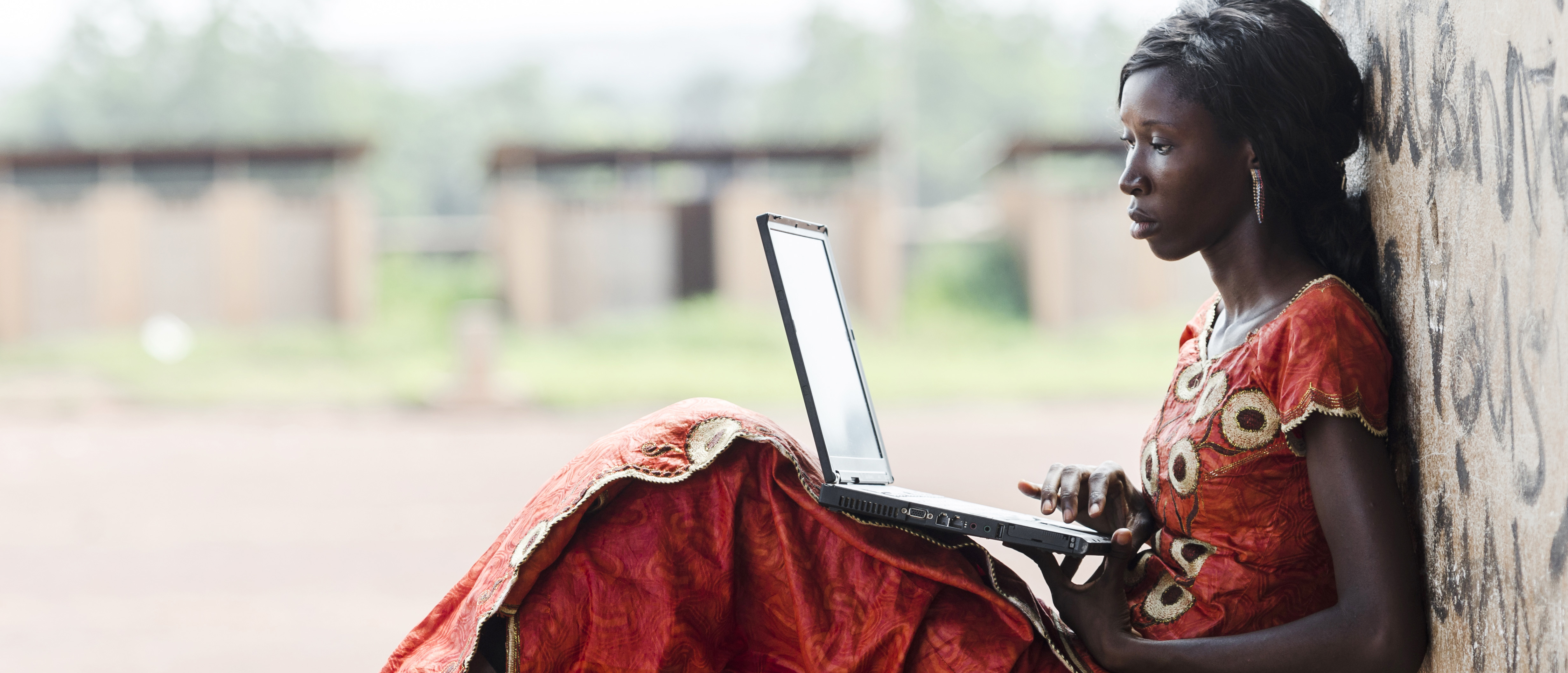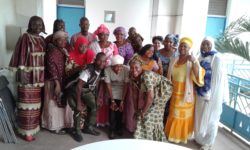
Empowering Women Leaders on the Journey to Self-Reliance in Mali
The West African nation of Mali is taking strides to increase the number of women in public office. In December 2015, Mali passed a national law stipulating that women must account for 30 percent of all public servants, which represents an important opportunity to ensure that women have a voice in Mali’s governance and its future. Despite this progress, meaningful representation of women remains uneven. For example, while women represented 34 percent of the ministers in the 2018 elections, they were only 21 percent of candidates elected to the National Assembly in the last election and only 9 percent of senior-level ministry administrative staff appointed in 2017.

WILDAF/Mali participants at the October 2018 training with Banyan Global. | WILDAF/Mali
Banyan Global is supporting the government of Mali’s efforts to increase the number of women in office as a subcontractor on the United States Agency for International Development (USAID)-funded Mali Sub-National Governance Project (SNGP) by strengthening the leadership skills of women candidates to run for office as well as building the capacity of female and male elected officials to govern in a gender-responsive manner. SNGP, which is primed by Tetra Tech, is a five-year effort to advance Mali’s decentralization process and Banyan Global is responsible for gender integration and women’s empowerment.
A key component of our strategy in Mali is strengthening self-reliance by building the capacity of national organizations, such as Women in Law and Development (WILDAF), to empower women, ensuring that this effort is locally-owned and locally-led beyond the project’s life. WILDAF is a pan-African, non-profit organization that empowers African women by advocating for their rights and increasing their participation and influence at the community and national levels. WILDAF has been operating in Mali since 1995, focusing its efforts on preventing and responding to gender-based violence, enhancing women’s leadership and political participation, and improving the functioning of the justice system.
With Mali’s recent commitment to increasing the number of women in public office, WILDAF’s work is timely. However, WILDAF’s intensive technical work, coupled with multiple donor financial reporting requirements and limited institutional core resources, has impacted its ability to respond to the challenge. Banyan Global is supporting WILDAF to address these limitations by strengthening its institutional and technical capacity.
In 2017, Banyan Global co-led an organizational assessment with WILDAF of its governance structure, administrative procedures, financial management systems and technical capacity. This assessment culminated in the co-creation of an action plan to address its organizational and technical weaknesses. The action plan prioritizes updating WILDAF’s operational procedures and policies. Banyan Global developed and co-facilitated a training in October 2018 to standardize staff knowledge and capacity on WILDAF’s governance, administration and financial management procedures. According to one WILDAF staff member who participated in the training:
The workshop allowed us to learn about the content of WILDAF’s procedures manual and especially to learn about the operational strengths and weaknesses that exist within our organization.
Participants left the two-and-a-half-day training with knowledge about WILDAF’s operational governance structure and new administrative and financial management skills. Banyan Global also worked with WILDAF staff to develop an operational guide and vet it with the board of directors who participated in a capacity building exercise around WILDAF’s governance structure, membership, and operations.
Over the next two years, Banyan Global will continue to strengthen WILDAF’s governance, financial management and operational systems, including supporting it to update its five-year operational strategy, providing a framework to manage technical and operational growth.
Banyan Global has also been working to strengthen WILDAF’s technical capacity. This includes supporting WILDAF to develop and roll-out several trainings on women’s leadership and gender-responsive budgeting. As a result of this assistance, WILDAF has trained over 440 women and men on women’s leadership and trained 280 government staff and key regional stakeholders on gender-responsive budgeting across Mali’s ten regions.
When SNGP comes to a close in 2021, WILDAF will be a stronger partner to support the empowerment of women leaders as Mali journeys to self-reliance.
